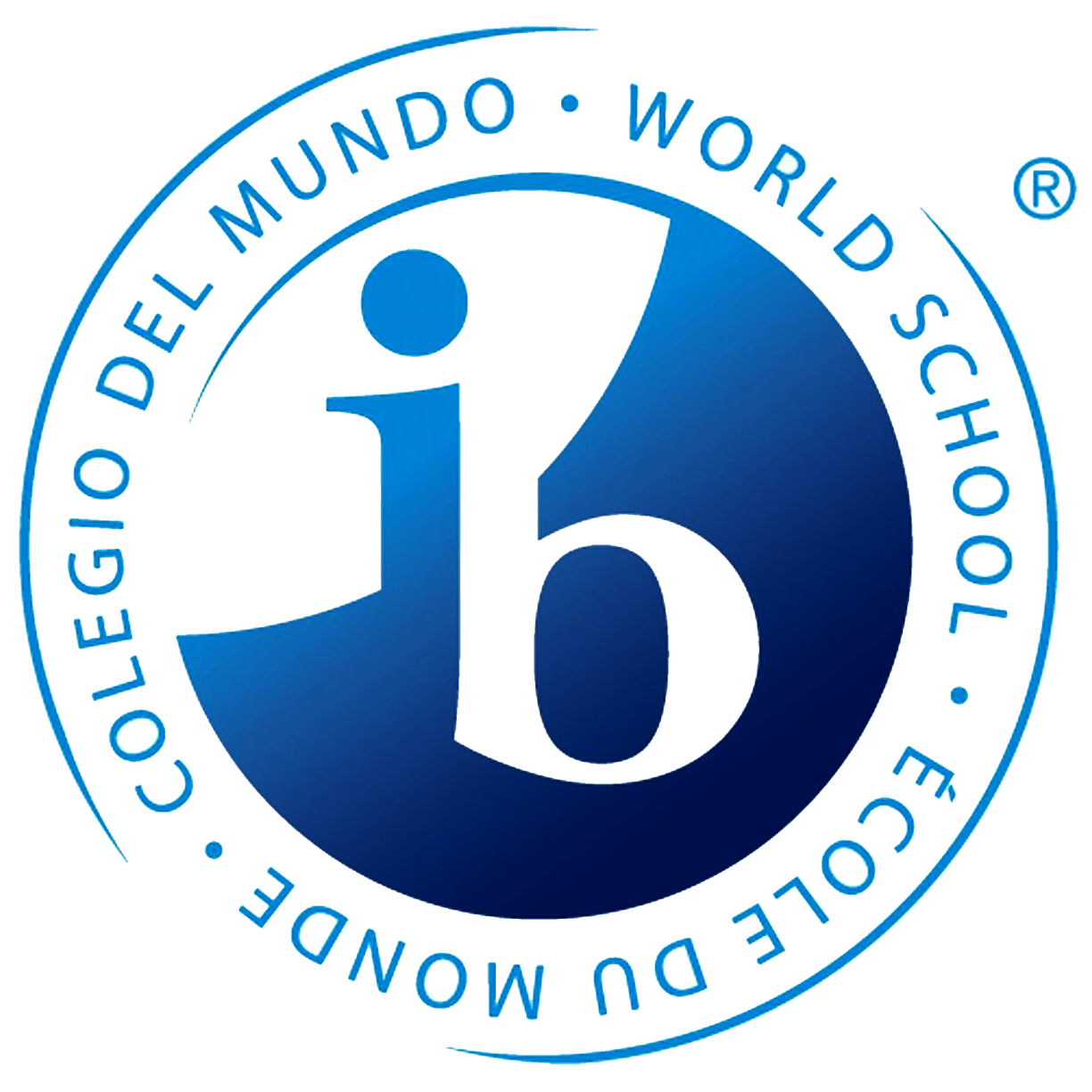Purpose of assessment in a PYP school
The purpose of assessment in an IB Primary Years Program school is to inform the learning and teaching of knowledge, concepts and skills. Assessment is used by students and teachers to monitor students' learning progress and process towards established learning goals, and make adjustments as needed for the next steps in each child's learning. The assessment process at McGraw develops student agency (voice, choice and ownership) by actively involving students in:
-
co-constructing individual and group learning goals and success criteria with their teachers and peers
-
reflecting on and self-assessing their progress and process towards learning goals
-
selecting evidence that demonstrates their learning
-
using feedback and data to identify next steps and make adjustments in their learning process
-
sharing the results of their learning progress and process (for example, during their PYP Exhibition) with others
Assessment in a PYP school is a daily, ongoing activity that engages students and teachers in monitoring, documenting, measuring and reporting on learning. It is not a one-time event that happens before or after a lesson or unit, but is fully integrated throughout all stages of the learning process.
Characteristics of effective assessment in a PYP school
-
Is connected to real-world learning which is meaningful and engaging for students
-
Is based on clear, specific learning goals and success criteria which students help establish or are made aware of
-
Promotes active student involvement in the learning process
-
Focuses on an individual student's progress and learning needs rather than their performance compared to others
-
Highlights a student's strengths as well as needs, and allows students to demonstrate their mastery and expertise
-
Provides feedback and data that students and teachers use to "feed-forward" while planning next steps in learning
-
Requires collaboration between students, teachers and parents
-
Produces evidence of student growth and learning process that can be clearly reported and understood by children, parents, teachers and administrators
-
Makes use of a variety of tools and strategies that are chosen based on specific learning goals and purposes
-
Involves ongoing dialogues between students, teachers and parents about learning progress and process
In addition to the daily assessment process which takes place in classrooms, these are some of the opportunities for students, parents and teachers to collaboratively monitor, report on and plan next stages in students' learning:
-
Poudre School District Report card (sent home two times per year)
-
Student-led conferences (held in the spring)
-
Parent-Teacher, Teacher-Student and Parent-Teacher-Student conferences (held throughout the year)
-
Unit of Inquiry progress reports (sent home after each unit of inquiry)
-
Teacher communication with parents via class newsletters, notes home, emails and phone calls
The following documents describe in further detail the assessment beliefs and practices at McGraw related to implementation of the IB Primary Years Program:



